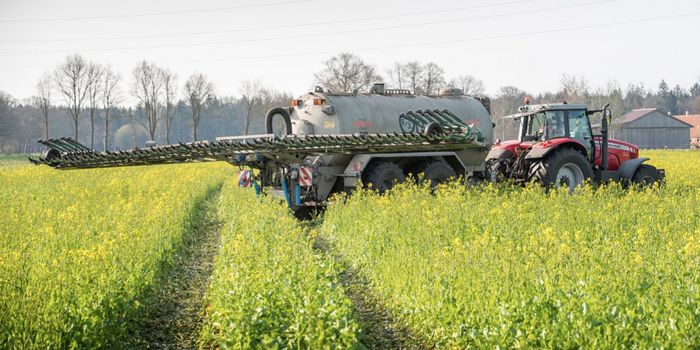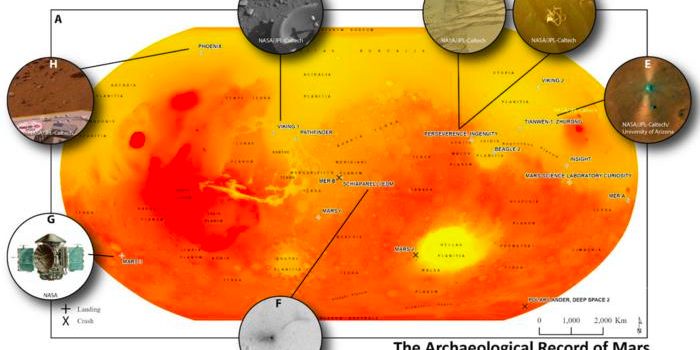Soil erosion exacerbates global phosphorus shortage
New research published in the journal Nature Communications reports on the global phosphorus shortage that the planet is experiencing. The cause, claims the study, is intensifying soil erosion.
The study comes from a team of international researchers hailing from the University of Basel who explain that the loss of phosphorus, while perhaps not as charismatic an issue as biodiversity loss, is extremely concerning because of the implications it has on food insecurity. Phosphorus comes from geological reserves and there are finite amounts of it. As a vital component of ATP, phosphorus forms in plants during photosynthesis and is the energy unit of plants. In other words – it’s an essential worker.
The study analyzed high-resolution spatially discrete global data on the phosphorus content of soils with local erosion rates in order to identify where on the planet is suffering the most from phosphorus losses. According to their findings, the authors write:
“The world’s soils are currently being depleted in phosphorus (P) in spite of high chemical fertilizer input. Africa (not being able to afford the high costs of chemical fertilizer), as well as South America (due to non-efficient organic P management) and Eastern Europe (for a combination of the two previous reasons), have the highest P depletion rates.”
It should come as no surprise that economics plays a significant role in where phosphorus losses are felt the most. While richer countries can afford to replace phosphorus in their fields with mineral fertilizers, accessibility to these fertilizers is not equitable. "It's paradoxical, especially as Africa possesses the largest geological phosphorus deposits," says Professor Christine Alewell. "But the mined phosphorus is exported and costs many times more for most farmers in African countries than, for example, European farmers." Underlying Alewell’s comment is, of course, the question of who will control the world’s phosphorus reserves in the coming years.
The team also found that over 50% of global phosphorus loss in agriculture is due to soil erosion. "That erosion plays a role was already known,” says Alewell. “The extent of that role has never before been quantified with this level of spatial resolution.” Past studies have focused their efforts on quantifying losses caused by the lack of recycling, food and feed waste, and general mismanagement of phosphorus resources.
The process of erosion is harmful to nutrient cycling because it flushes phosphorus out of agricultural soils into wetlands and water bodies, where too many nutrients create an effect called eutrophication that harms the aquatic plant and animal communities.
Alewell says the need for reduced soil erosion is high. "95% of our food is directly or indirectly produced as a result of plants growing in the soil. The creeping loss of the plant nutrient phosphorus should be of concern to all people and societies.” The researchers reference several ways of reducing soil erosion, including maintaining ground cover for as long as possible in agricultural fields through mulching, green manure and intercropping, as well as through topography-adapted cultivation like terrace farming.
Sources: Nature Communications, Eureka Alert








